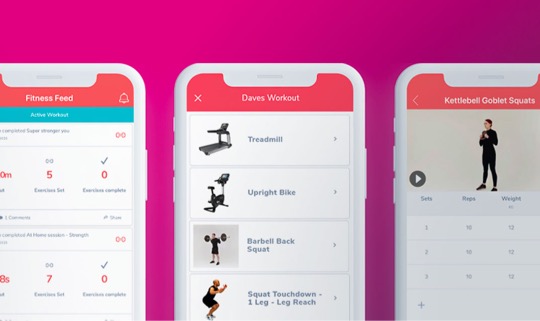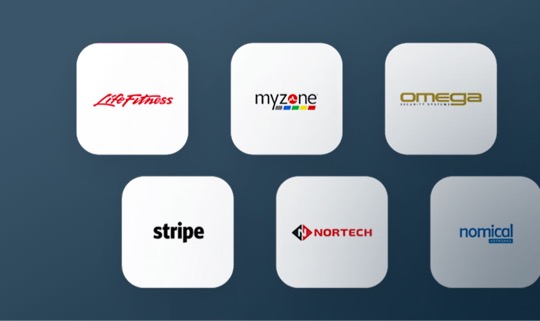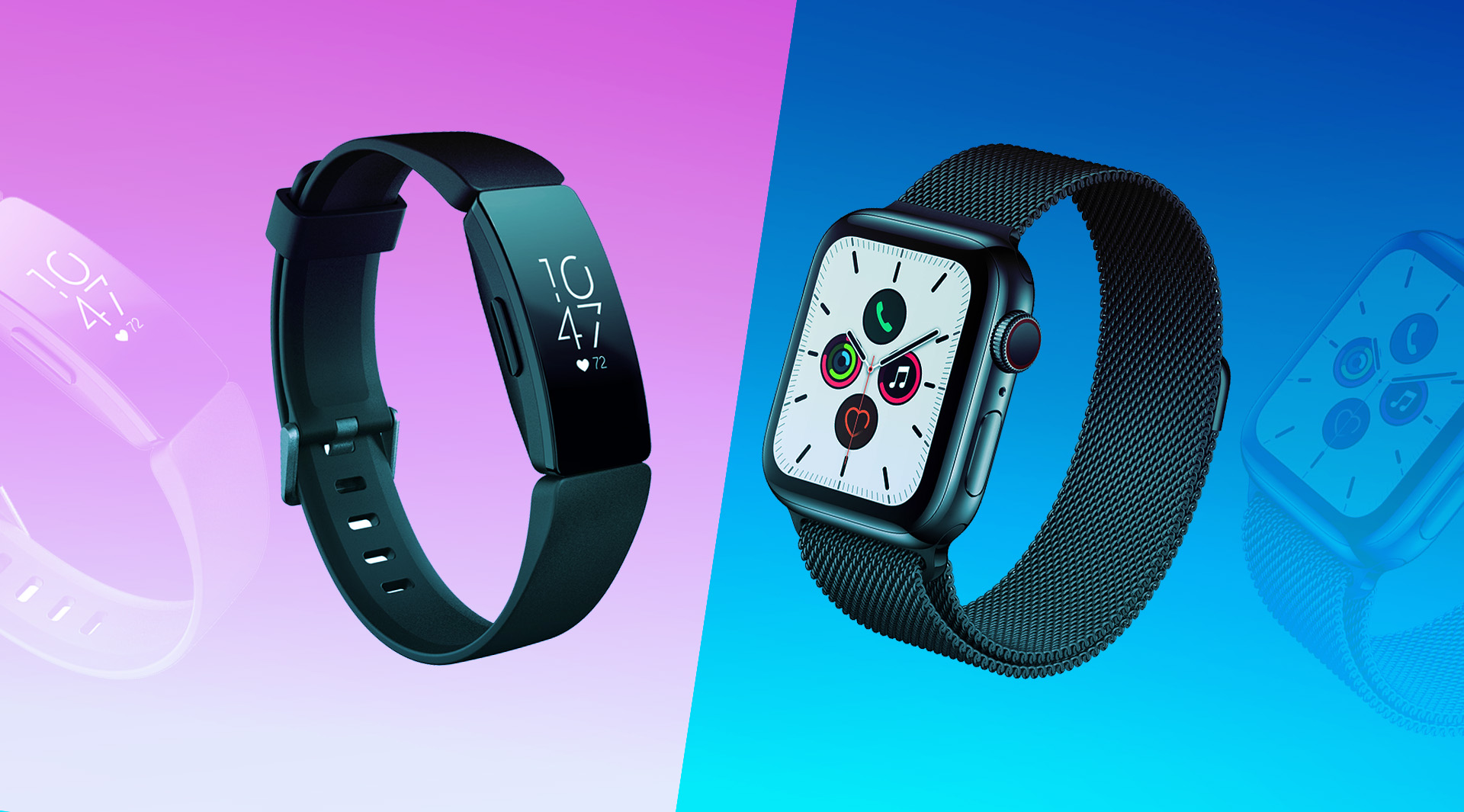Wearables have been a common theme in our blogs over the past few weeks…and we’re staying on topic this week as we take a closer look at Fitbit products versus the Apple Watch. At the beginning of May 2016, the chief executive of Fitbit, rather controversially, described how his company were able to withstand what many viewed as direct competition from Apple in 2015. He stated that the tech giant (Apple), took a wrong turn in the developments of their Apple Watch.
The chief executive of Fitbit confidently described how their health-minded products are in a different category to the Apple Watch! But, if the Apple Watch displays many similar features to the Fitbit (which it does), then is it really justified for the Chief Executive of Fitbit to be so confident about their product over the Apple Watch? For example, Fitbit products are often simple, single-mode devices whereas Apple tends to include more features within a single product.
Although the Apple Watch potentially sounds more impressive to the buyer with all it’s fancy features available in a single watch…this could also justify Fitbits’ argument for Apple having taken a wrong turn with their watch; perhaps Apple have over-complicated their device and instead of making it more saleable, they’ve actually produced a far less user-friendly item compared to the more simplified Fitbit products. The limited functionalities of Fitbit, such as activity monitoring, step counting and other simple health-related tasks, makes for a less daunting consumer product than a multi-function Apple Watch. And, it also makes the price of Fitbits’ products comparatively lower, which considering today’s economy, is surely going to look more attractive to a consumer interested in purchasing a wearable. What Fitbit has therefore managed to achieve is to hit niche demographics at multiple price points, compared to the more high-end priced Apple Watch – and again, this goes in favour of Fitbit as its’ products are more affordable to the majority of the population.
Fitbit sold 10.9million units in 2014, and nearly doubled that last year with some 21.3million units sold. Fitbits’ success is likely due to the way in which their products started with basic activity tracking features and then added functionality one step at a time to ensure they had a reliable, successful and likeable product. However, despite Fitbits’ success, a tech giant such as Apple accounts for millions of installed users and can quickly diminish the marketshare of a smaller company. My view is, for Fitbit to continue to be competitive in the wearables market, they need to keep their products’ features simple and effective. I also believe that the price range of their products should remain at a more affordable level compared to the Apple Watch. Despite these two companies sharing the wearables market, they are completely different products and will therefore have their own niche markets of potential customers. The wearable market is definitely growing, but my view is that there is enough room in the market for two such different products to succeed.













